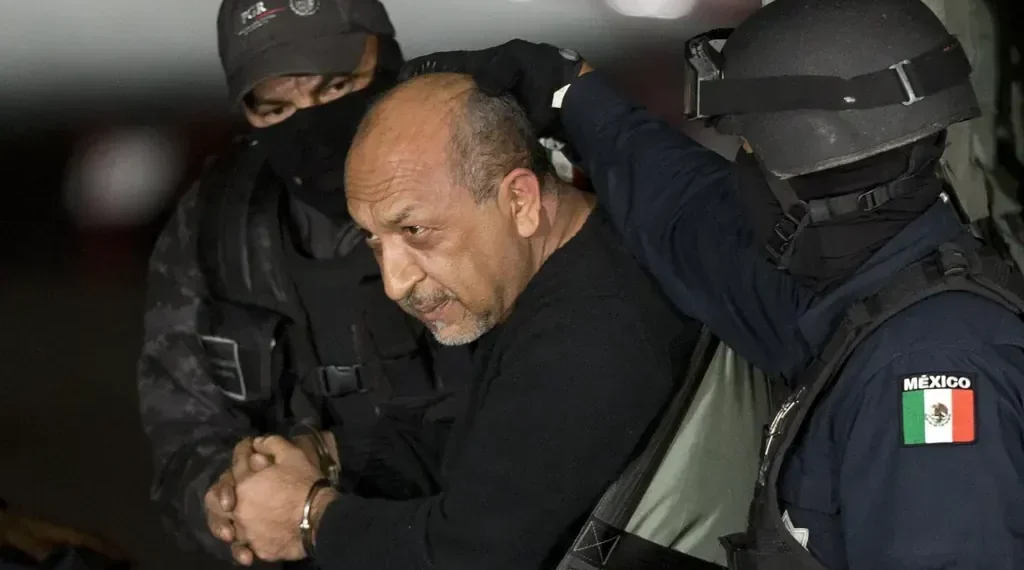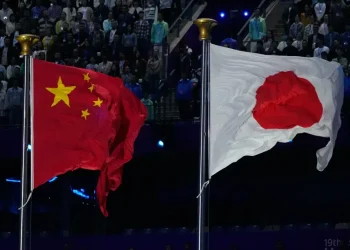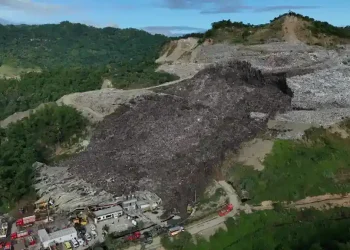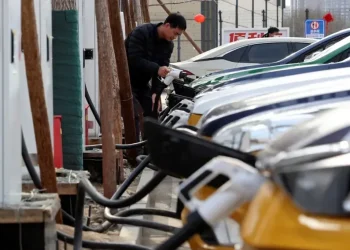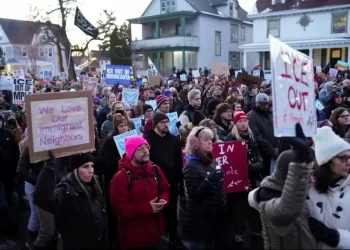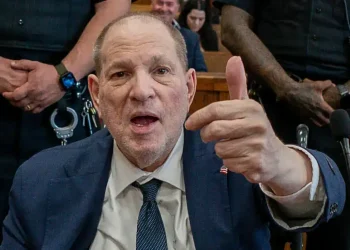Mexico Hands Over 26 Cartel Figures to U.S. Authorities in Landmark Extradition Deal
Published Time: 08-13-2025, 11:45
Mexico has extradited 26 high-ranking cartel figures to the United States in one of the largest coordinated law enforcement operations between the two countries in recent years. The move marks a significant step in U.S.–Mexico cooperation against organized crime, targeting leaders tied to some of the world’s most violent drug trafficking organizations.
A Historic Transfer in U.S.–Mexico Anti-Cartel Efforts
In a high-profile operation announced Tuesday, Mexican authorities transferred 26 cartel figures to the United States for prosecution, signaling a deepening partnership with the U.S. in combating transnational drug trafficking networks.
The group includes senior members from several major cartels, such as the Jalisco New Generation Cartel (CJNG), the Sinaloa Cartel, and the Knights Templar. Among those extradited is Abigael González Valencia, alleged leader of Los Cuinis, an organization closely allied with CJNG. Another key figure, Roberto Salazar, is wanted in connection with the 2008 killing of a Los Angeles County sheriff’s deputy.
U.S. Attorney General Pam Bondi praised the operation, stating:
“These 26 men have all played a role in bringing violence and drugs to American shores. Under this Department of Justice, they will face severe consequences for their crimes against this country. We are grateful to Mexico’s National Security team for their collaboration in this matter.”
No Death Penalty Agreement Ensured Cooperation
The Justice Department confirmed that the extraditions proceeded after the U.S. formally agreed not to seek the death penalty for any of the defendants. This condition was key to securing Mexico’s cooperation, as the country does not extradite individuals facing capital punishment.
The arrangement mirrors a similar agreement reached earlier this year, when 29 cartel suspects—including infamous drug lord Rafael Caro Quintero, convicted of orchestrating the 1985 murder of U.S. DEA agent Enrique “Kiki” Camarena—were sent to U.S. custody.
U.S. Ambassador to Mexico Ronald Johnson emphasized the diplomatic importance of the move, saying:
“This transfer is yet another example of what is possible when two governments stand united against violence and impunity. These fugitives will now face justice in U.S. courts, and the citizens of both of our nations will be safer from these common enemies.”
Political Context and Tariff Negotiations
The February transfers occurred amid tense trade negotiations between the Trump administration and Mexico. At the time, the White House threatened to impose 30% tariffs on Mexican imports if the country failed to strengthen action against cartels and illegal drug shipments.
Last month, President Donald Trump spoke directly with Mexican President Claudia Sheinbaum, ultimately agreeing to delay the tariff threat for 90 days to allow further diplomatic and security discussions.
While Sheinbaum has pursued a more aggressive stance against organized crime than her predecessor, she has firmly opposed any suggestion of direct U.S. military intervention, citing Mexico’s sovereignty.
Notorious Names Among the Extradited
One of the most notorious figures in the latest transfer is Servando Gómez Martínez, known as La Tuta. Once a schoolteacher, Gómez rose to become leader of the Knights Templar Cartel, a group that at its peak exerted complete control over the state of Michoacán.
Gómez was captured in 2015 and sentenced to 55 years in a Mexican prison in 2019. His cartel operated with a quasi-religious ideology, preaching a strict moral code even as it engaged in violence, extortion, and drug trafficking. The group dictated political and commercial activities in its territory while maintaining an image of defending community and family values.
Also among the extradited is Abigael González Valencia, brother-in-law of CJNG leader Nemesio Rubén “El Mencho” Oseguera Cervantes, one of the U.S. government’s most wanted fugitives. Arrested in Puerto Vallarta in 2015, González Valencia has fought extradition for years. The U.S. has offered up to $15 million for information leading to El Mencho’s capture.
CJNG and Los Cuinis: A Violent Alliance
According to U.S. federal prosecutors, Los Cuinis played a central role in financing the rise of CJNG, now considered one of the most powerful and violent criminal organizations in the world. The cartel is responsible for trafficking massive quantities of cocaine, methamphetamine, and fentanyl into the United States, as well as carrying out murders, kidnappings, and corruption schemes.
In June, Abigael’s brother José González Valencia was sentenced to 30 years in U.S. federal prison after pleading guilty to international cocaine trafficking. He was arrested in Brazil in 2017 while vacationing under a false identity, during the first Trump administration.
Strengthening Cross-Border Security Cooperation
The extradition deal is viewed as a milestone in U.S.–Mexico law enforcement collaboration. Analysts note that such high-level transfers often require months of negotiations, balancing legal processes with political considerations.
Security experts believe that targeting senior cartel leaders disrupts the command structures of criminal organizations, though past experience shows that dismantling such groups often leads to violent power struggles among remaining members.
Despite these risks, U.S. officials remain optimistic. The Department of Justice says all 26 suspects will face prosecution in U.S. federal courts, with trials expected to take place in jurisdictions including New York, Texas, and California.
This article was rewritten by JournosNews.com based on verified reporting from trusted sources. The content has been independently reviewed, fact-checked, and edited for accuracy, neutrality, tone, and global readability in accordance with Google News and AdSense standards.
All opinions, quotes, or statements from contributors, experts, or sourced organizations do not necessarily reflect the views of JournosNews.com. JournosNews.com maintains full editorial independence from any external funders, sponsors, or organizations.
Stay informed with JournosNews.com — your trusted source for verified global reporting and in-depth analysis. Follow us on Google News, BlueSky, and X for real-time updates.
